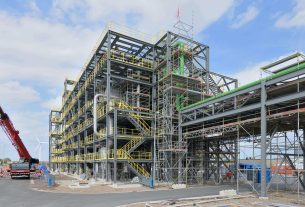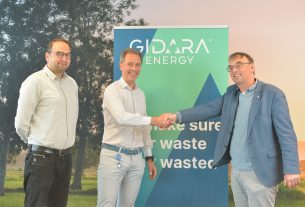Italy – Biogas production can be improved by at least 10% through a collaboration between BTS Biogas and the University of Padua.
One of the most difficult tasks we face is disposing of organic waste in a way that is both environmentally friendly and economically viable. However, the seasonal nature of many of the by-products of the agricultural and livestock sectors that feed biogas plants can lead to significant fluctuations in production, which has a negative impact on the economic viability of the plants.
Anaerobic digestion relies heavily on the microbial component, which cannot be monitored in real time in the current process. The production process, the organic material that feeds the plant, and the development of predictive models are therefore essential to optimize production and maximize the yield of biogas plants.
Two researchers from the University of Padua’s Department of Agronomy, Animals, Food, Natural Resources and Environment and Department of Biology came together to form the Più-Biogas App research project, which was funded by BTS Biogas and will last for two years. One of the many goals of the initiative is to implement an innovative, rapid, and efficient method of analysis for the study of microbial population dynamics that allows the fermentation of organic matter to be monitored via a dedicated app.
The digester’s microbiological activity is being studied for the first time in this study. This project aims to create a database of microorganisms, environmental and process information, and an algorithm for comparing biogas production systems and methods. Biogas production and operating costs are the primary goals of the project. Companies interested in maximizing their biogas plant’s yield will be given the results and the technology developed.




